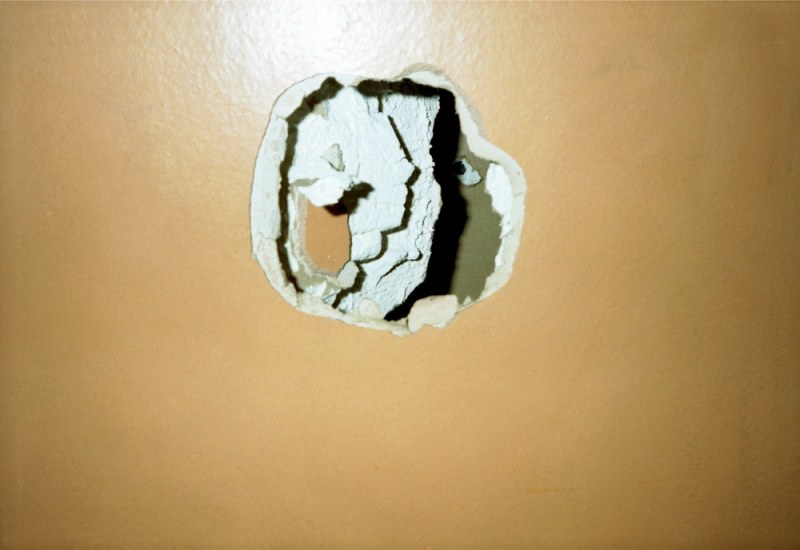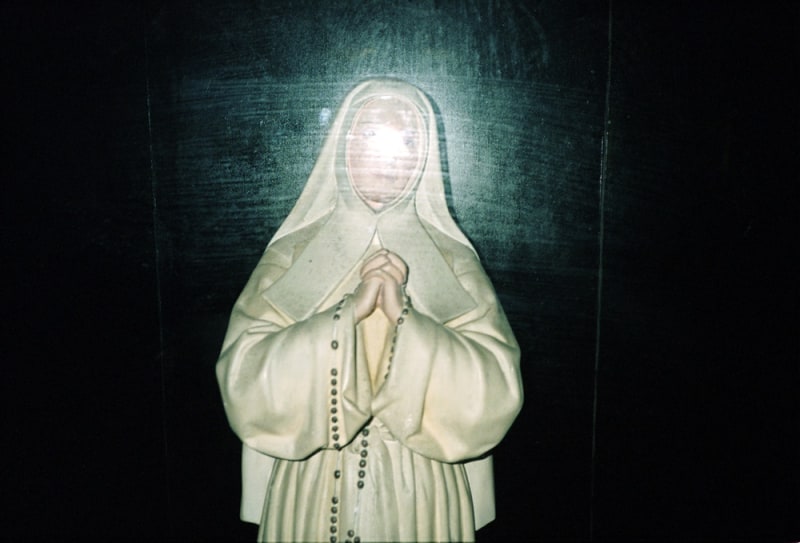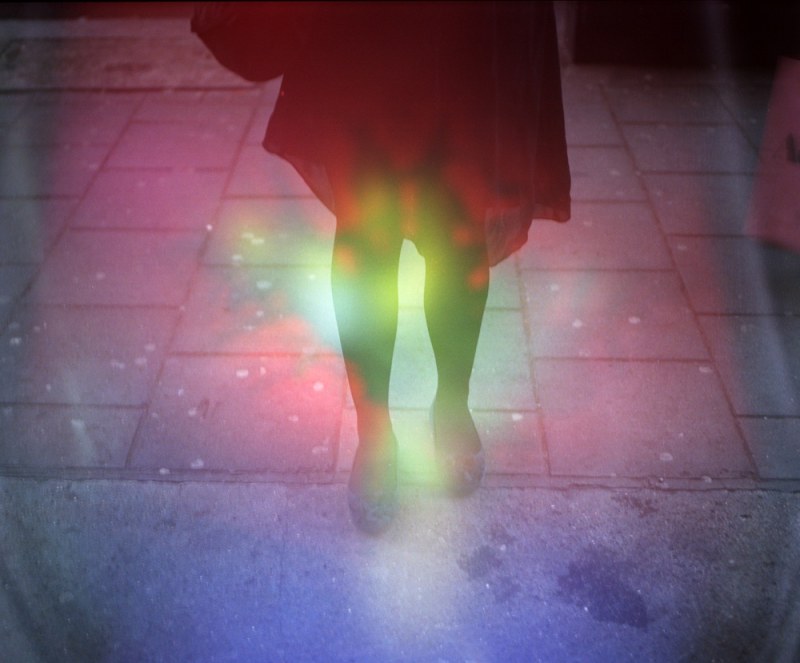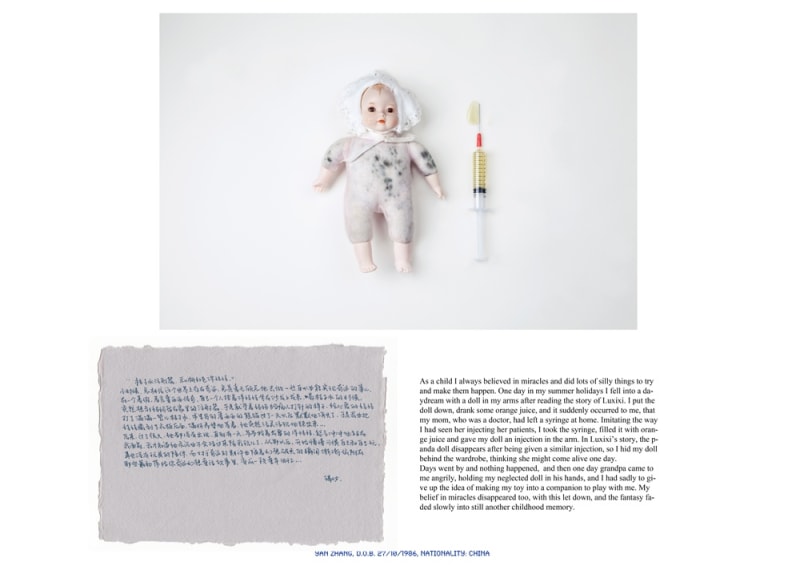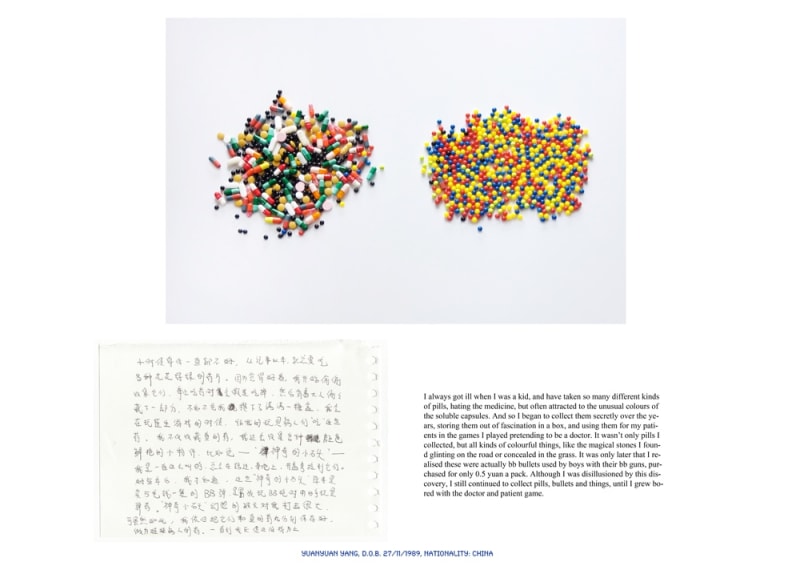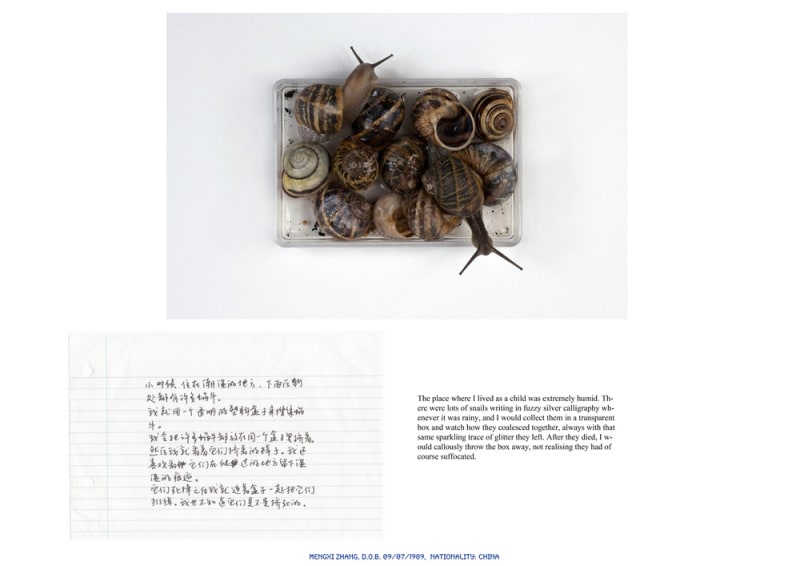About the artist
Born in 1989, currently lives and works in Bejing.
Group Exhibitions:
2011
Restaurant, J Gallery, Shanghai, China
Pingyao International Photography Exhibition, Shanxi, China
Tovion, The Yard, Beijing, China
24h, Caochangdi Photo Spring – Arles in Beijing, Beijing, China
2010
Image Banquet, China Academy of Art, Hangzhou, China
Building Block, Memory, Bed Bar, Beijing, China
India Song, Camberwell College of Arts, London, UK
Some Summer, The Other Space Gallery, London, UK
Rhizomatic, Departure Gallery, London, UK
The mARkeT, Beijing Center for the Arts, Beijing, China
2009
Peaceful Performance, GOLDEN Café, Hong Kong, China
ABOUT THE work
The Daily Myths
“I’ve discovered that with photography, the object and I (the subject) are caught in a two-way, mutually attractive relationship. At this time, neither the subject nor the object exists. I’m interested in photography because of its ability to combine these two sides into one entity.”
-Baudrillard
“If one wishes to destroy the rules of something and shock viewers, the most effective means is by selecting something that those people are habituated to.”
- Rene Magritte
A Study of Childhood
This series explores childhood, those years full of little secrets that people find hard to reveal. Using research on childhood from the fields of anthropology and psychology, my direction of study can be concentrated into three main points:
1. The relationship between contem-porary society and children (as a special category of person)
2. The sexual instincts and violent tendencies in children
3. Children’s powers of insight and creativity
Through interviews I came to understand the childhood experiences of many different people, which I then reconstructed with an object that could reflect a specific incident. I paired a photograph of the object with the interviewee’s own handwritten description of the incident. The resulting pieces have had all superfluous elements removed, with all the information concentrated into its simplest form with as much objectivity as possible to the point of seeming like case studies conducted by a medical researcher.
Viewers may find the objects unsettling, but at the same time they reveal the innocence of children. Perhaps a psychiatrist would be interested in using various methods to analyze the cases, but I prefer not to interpret the objects at all. Instead, I wish to say to all those who have gone through similar experiences and spent their adult years suffering the consequences, you will understand what I’m trying to present.
